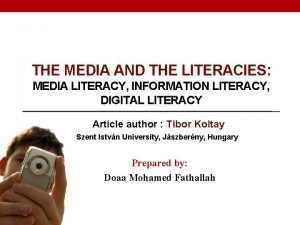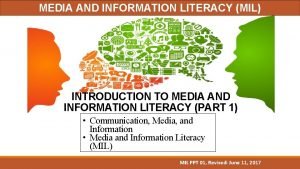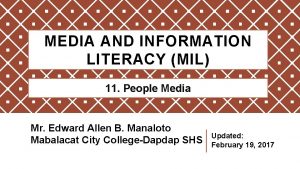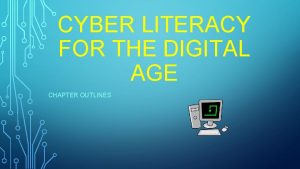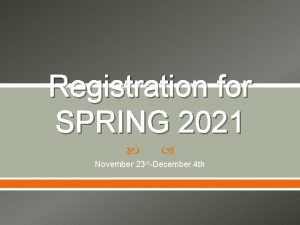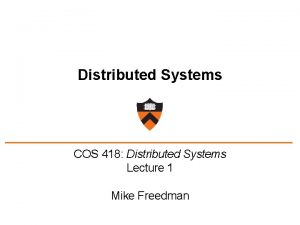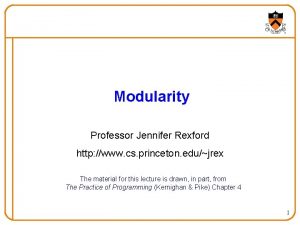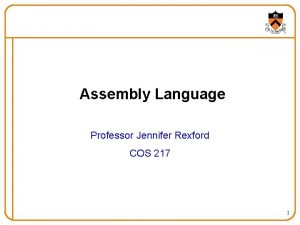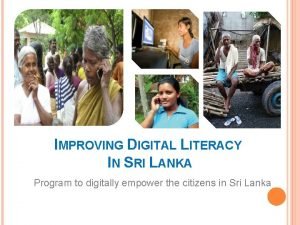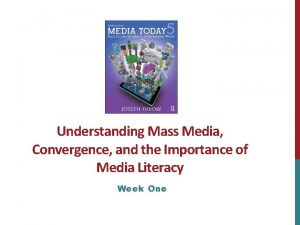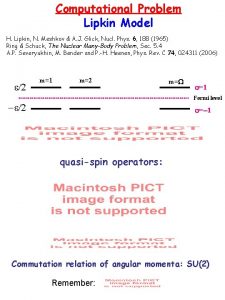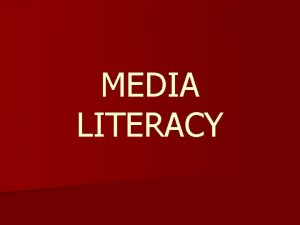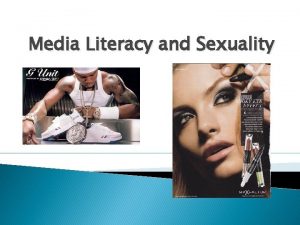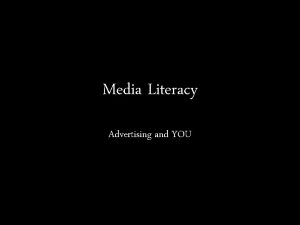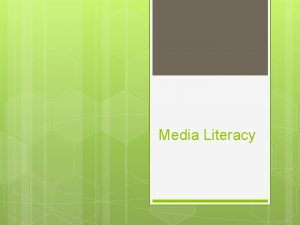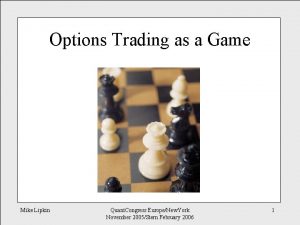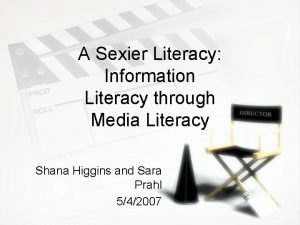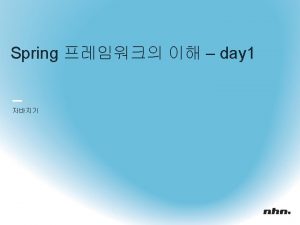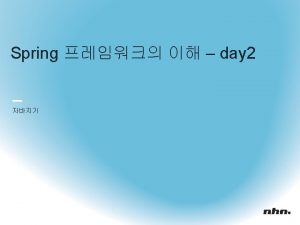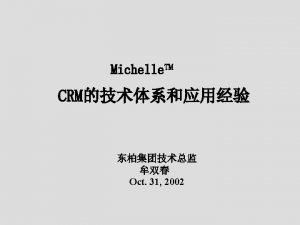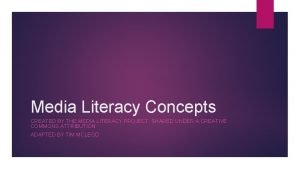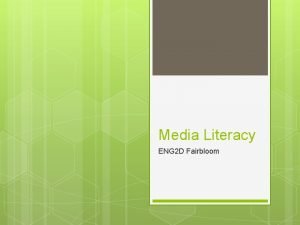SPRING 2021 MEDIA LITERACY Michelle Ciulla Lipkin michelle














- Slides: 14

SPRING 2021 MEDIA LITERACY Michelle Ciulla Lipkin michelle. lipkin@brooklyn. cuny. edu @ciullalipkin VISIT CLASS WEBSITE: PROFMCL. WORDPRESS. COM GO TO MEDIA LIT SPRING 2021 FEBRUARY 1 Class Survey START CLASS SURVEY WHILE WE WAIT TO START CLASS


WHAT IS MEDIA LITERACY? Media literacy is the ability to ACCESS, ANALYZE, EVALUATE, CREATE and ACT using all forms of communication.

AN EXPANDED DEFINITION OF LITERACY No longer is it sufficient to be able to read and write/author and consume print text. We must be able to using all media texts available to us in the 21 st Century.

WHAT IS THE PURPOSE OF MEDIA LITERACY EDUCATION? The purpose of media literacy education is to help individuals of all ages develop the habits of inquiry and skills of expression that they need to be critical thinkers, effective communicators and active citizens in today’s world.

WHAT IS MEDIA LITERACY IMPORTANT? From a very early age, people need to understand how to interact with networked, digital technologies. They need to learn how to use social media, and learn how not to be used by it. They need to understand how to assemble reliable information and how to detect crap. They need to be able to shape the media they are immersed in. They need to be aware of how algorithms and marketing – and the companies, governments, and other organizations that produce them – help to shape the ways in which they see the world. - Alex Halavais, Arizona State University

SYLLABUS REVIEW

HOW DO YOU KNOW WHAT YOU KNOW?

WHY DO YOU BELIEVE WHAT YOU BELIEVE?

WHAT IS YOUR FILTER? How do you see the world?

FIVE LAWS OF MEDIA AND INFORMATION LITERACY

KEY QUESTIONS TO ASK WHEN ANALYZING MEDIA MESSAGES AUDIENCE & AUTHORSHIP • Who made the message? PURPOSE • • Why was it made? Who was the target audience (and how do you know)? ECONOMICS • Who paid for this? IMPACT • • • Who might benefit from this message? Who might be harmed by this? Why might this message matter to me? RESPONSE • What kinds of actions might I take in response to this message? This document is an appendix to NAMLE’s Core Principles of Media Literacy Education – www. namle. net/coreprinciples

KEY QUESTIONS TO ASK WHEN ANALYZING MEDIA MESSAGES CONTENT • • • MESSAGES & MEANINGS What is this about (and what makes you think that)? What ideas, values, information, and/or points of view are overt? Implied? What is left out of this message that might be important to know? TECHNIQUES • • • What techniques are used? Why were those techniques used? How do they communicate the message? INTERPRETATIONS • How might different people understand this message differently? What is my interpretation of this and what do I learn about myself from my reaction or interpretation? • This document is an appendix to NAMLE’s Core Principles of Media Literacy Education – www. namle. net/coreprinciples

KEY QUESTIONS TO ASK WHEN ANALYZING MEDIA MESSAGES REPRESENTATIONS & REALITY CONTEXT • • When was this made? Where or how was it shared with the public? CREDIBILITY • • Is this fact, opinion, or something else? How credible is this (and what makes you think that)? What are the sources of the information, ideas, or assertions? • This document is an appendix to NAMLE’s Core Principles of Media Literacy Education – www. namle. net/coreprinciples
 Media literacy and information literacy venn diagram
Media literacy and information literacy venn diagram Mil curriculum guide
Mil curriculum guide Type of people media
Type of people media Kim ki duk spring summer fall winter
Kim ki duk spring summer fall winter February is winter or spring
February is winter or spring Cyber literacy and digital literacy
Cyber literacy and digital literacy Auca online registration
Auca online registration Cos 418 spring 2021
Cos 418 spring 2021 Cos 418 spring 2021
Cos 418 spring 2021 Cos217 spring 2021
Cos217 spring 2021 Cos217 spring 2021
Cos217 spring 2021 Cos 217
Cos 217 Cos217 spring 2021
Cos217 spring 2021 Digital literacy in sri lanka
Digital literacy in sri lanka Media literate person.
Media literate person.
